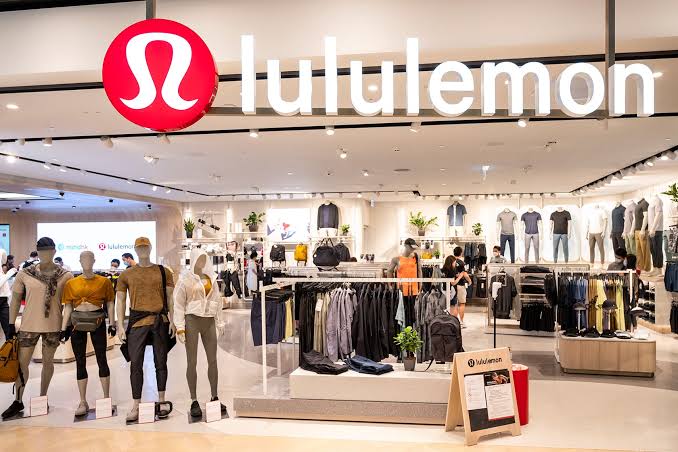Lululemon, the popular athletic apparel retailer, is facing criticism after it was revealed that employees risk losing their jobs if they intervene to stop a thief from stealing products while on the clock. The company’s CEO, Calvin McDonald, defended the strict policy during a recent CNBC interview, emphasizing the importance of prioritizing employee and customer safety.
Under Lululemon’s zero-tolerance policy, employees are trained to step back and allow theft to occur. The company relies on cameras and other technologies to address theft, in addition to collaborating with law enforcement agencies. The rationale behind this policy, according to McDonald, is to prevent potential harm to employees who could be injured or even killed in such situations.
The repercussions of this policy were evident in a recent incident in Peachtree Corners, Georgia. Two former Lululemon employees were reportedly fired after calling the police to report a robbery and filming the incident. The thieves were later apprehended and charged, but the employees’ actions violated the company’s policy, leading to their termination.
Retail theft, including shoplifting and fraud, is a pressing issue that costs US retailers billions of dollars annually. Lululemon’s approach reflects a larger trend in the retail industry, with many companies adopting similar policies to prioritize employee safety. Instead of direct intervention, retailers are increasingly relying on advanced surveillance systems, license plate recognition, and RFID technologies to deter theft and track stolen products.
While Lululemon maintains that employees are allowed to call 911 when necessary, critics argue that the strict policy undermines the role of employees as responsible stakeholders in the company’s security. Balancing the safety of employees and the prevention of theft remains an ongoing challenge for retailers, prompting the exploration of innovative technological solutions to combat this issue.



![[CITYPNG.COM]White Google Play PlayStore Logo – 1500×1500](https://startupnews.fyi/wp-content/uploads/2025/08/CITYPNG.COMWhite-Google-Play-PlayStore-Logo-1500x1500-1-630x630.png)